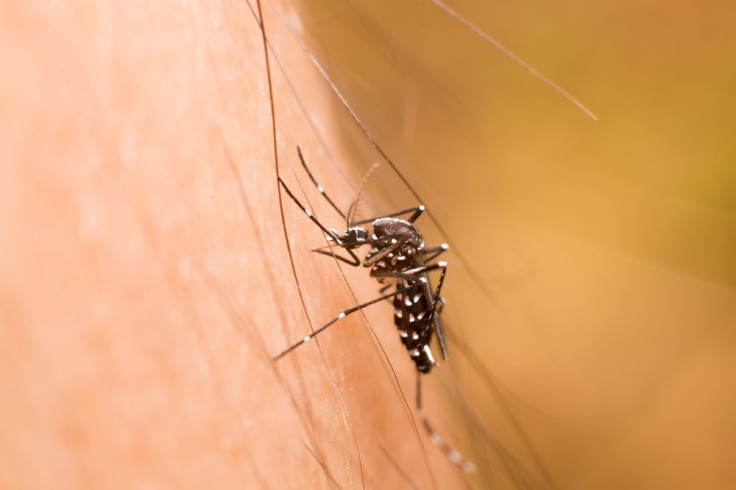Mosquito-Borne Chikungunya Found In 3 Florida Women; Are We On The Verge Of An Outbreak?

It’s that time of the year again. As temperatures warm up, many of us are going on a little vacation, but we might be bringing back more than just a few souvenirs. In December, the World Health Organization (WHO) announced that the virus known as Chikungunya had spread to some Caribbean islands. Now, the first cases of the painful virus have traveled up to Florida.
According to a Florida Department of Health statement, it “received three reports of imported cases of chikungunya fever to Florida from travelers who recently traveled to the Caribbean.” These cases consisted of one 30-year-old woman living near Miami, a 29-year-old woman living near Broward County, and a 44-year-old woman living in Hillsborough County.
The fever disease is mosquito borne and was originally discovered in 1952 in Tanzania. Its name comes from the same word used in the Kimakonde language, which means “to become contorted,” according to WHO. It was given its name because after it initially causes fever in those infected, it then causes debilitating joint pain capable of lasting for weeks. Other symptoms include muscle pain, headache, nausea, fatigue, and rashes. Although there is no cure or vaccine for the disease, it doesn’t result in death, and people who’ve contracted it will eventually feel better. Those who have heart disease, high blood pressure, or diabetes, however, may experience a more severe illness.
Having already spread from Africa to parts of Asia, the Indian Ocean, and the western Pacific, there should have been no doubt that the disease would spread to the Americas. Earlier this month, there were reportedly 31,000 suspected cases and 4,000 confirmed cases of chikungunya throughout the entire Caribbean region. Meanwhile, the Centers for Disease Control and Prevention (CDC) had been making preparations for an outbreak in the U.S.
Although these women don’t carry the first cases of the disease — there have already been as many as 100 other cases in the U.S. — the virus hasn’t spread yet, according to NBC News. It’s likely that the virus will eventually spread though, as the mosquitoes responsible for spreading it, Aedes aegypti and Aedes albopictus, which are also known as tiger mosquitoes, have been seen as far north as New Jersey, and currently inhabit much of the southern U.S. What’s more, they’re some of the only mosquitoes able to feed during the day and night.
To prevent an outbreak, the Florida Department of Health advised everyone to “drain water from garbage cans, house gutters, pool covers, coolers, toys, flower pots, or any other containers where sprinkler or rain water has collected, and discard any items that may collect water.” Additionally, anyone who plans on going outside when mosquitoes are most active should cover any exposed skin, and even wear repellants with DEET, picaridin, oil of lemon eucalyptus, or IR3535.



























